[Editor’s Note: As Cecil Roberts’ tenure as International President comes to a close on October 29, 2025, the UMW Journal sat down with him to reflect upon his time serving the membership and his outlook for the future of our Union.]
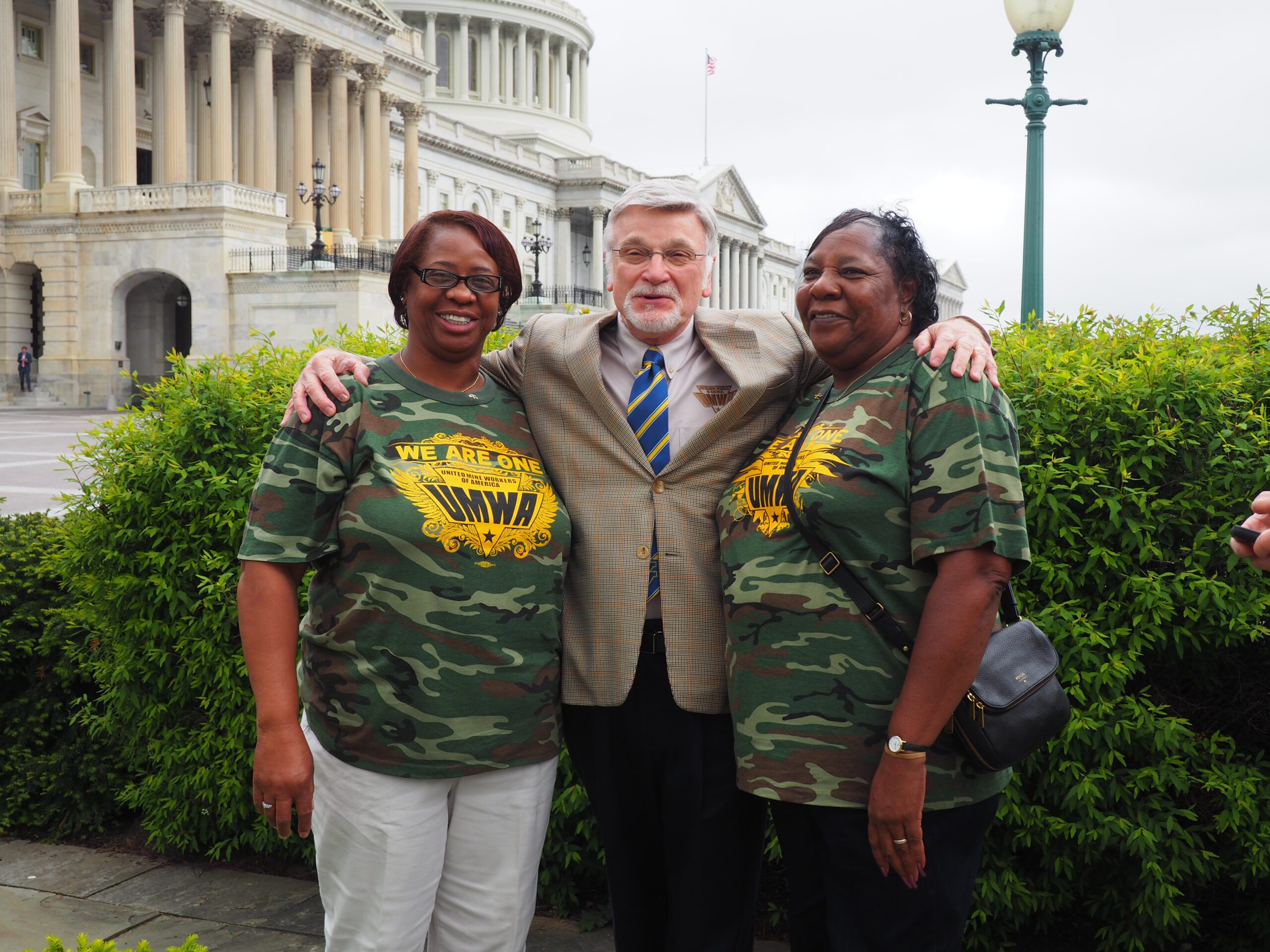 UMW Journal:
UMW Journal:
You were first elected to office as Vice President of District 17 in 1977 as a shuttle car operator coming right out of the mine. Did you ever think you would end up as International President?
Roberts:
I wasn’t thinking about that back then. The first day I walked into work as District 17 Vice President was also the day that thousands of miners went out on wildcat strikes because of issues with their health care. I jumped right into that fire, and once that was over, there was another fire and then another. It’s pretty much been like that ever since. You always tell yourself when you’re in a leadership position that, “if I can just solve this problem or deal with this crisis, then things will slow down.” It turns out that’s not true. Things never slow down, and the crises keep coming.
UMW Journal:
Why did you decide to get involved in union leadership in the first place??
 Roberts:
Roberts:
I came home from combat in Vietnam and needed a job, so I went up the holler and got hired at Carbon Fuels #31 mine in Winifred, West Virginia. That was just after Jock Yablonski had been killed, and the union’s leadership was in serious turmoil. I was approached by some of the miners to run for the mine committee and safety committee, which I did, and was elected. I started to pay more attention to what was happening in the union and became a supporter of the progressive Miners for Democracy movement in our union. After a year or so, I was asked to come out of the mines and teach training classes to members. When that ended, I went back to the mine. A man named Jack Perry had noticed me. Jack was the President of District 17, and one day he called me up and said he wanted me to run for Vice President. I thought he was kidding at first, but he meant it. I ran and won.
UMW Journal:
You, Richard Trumka and John Banovic decided to take on an incumbent leadership in 1982. How hard was that decision and what was that campaign like?
Roberts:
It was a pretty easy decision. We put together an international slate in the US and Canada and ran hard. We thought we could offer some changes that would be positive for our membership. We traveled all over both countries going to bathhouses, lamphouses, local union meetings, picnics, breakfasts and dinners. You name it, and we did it. We spent a lot of nights driving from one place to the next. And you’ve got to raise the money from the membership to pay for all that travel or pay for it out of your own pocket. Campaigns get pretty intense. We got called all sorts of names and dealt with more than a few threats. That wasn’t easy for us or our families. But we kept at it, got the nominations we needed to get on the ballot. And then we won the election.
 UMW Journal:
UMW Journal:
The labor movement nationwide was on a downward slide when the UMWA decided it had to take on Pittston Coal in 1989. You landed in the leadership role of that strike and led the struggle that became a resounding victory for our union and all of labor.
Roberts:
Pittston had refused to agree to the national contract because they didn’t want to pay for retiree health care or into the pension plan any longer. We said, “oh, yes you are.” When the contract expired, we asked our members to continue working without a new contract while we got them geared up to strike. After 14 months, they were ready. Pittston wasn’t prepared for what we threw at them. We engaged in nonviolent civil disobedience, blocking coal trucks, entrances to mines and prep plants, whatever we could do to keep Pittston from producing or delivering coal. Only one member crossed the picket line, and it wasn’t long before she came back out on strike. We occupied the Moss 3 prep plant for four days with 99 UMWA members and one minister and put 5,00 people in front of it to ensure the state police didn’t try to move in and arrest them. That was the catalyst, I think, for Pittston finally giving in and agreeing to a contract that included retiree health care and pensions. After the strike was settled on January 1, 1990, Pittston agreed to join with the UMWA and asked the judge to drop $64 million in fines. Judge Donald McGlothlin agreed to drop the $12 million that was earmarked for the company but refused to eliminate the balance of $52 million, which was to be paid to the state and two counties in southwest Virginia. A Virginia Court of Appeals later threw out the fines, but the Virginia Supreme Court reinstated them in order to maintain “the dignity of the law and public respect for the judiciary.” The UMWA took the case to the U.S. Supreme Court, and in 1993, the federal Justice Department asked the high court to uphold the fines, arguing that reversing McGlothlin would hinder the authority of federal agencies. The U.S. Supreme Court unanimously reversed the judge on June 30, 1994, and that was a tremendous victory for the UMWA.
UMW Journal:
The success of that strike changed a lot of things, didn’t it?
 Roberts:
Roberts:
First of all, the Pittston strike showed that union members and their families, acting in solidarity and with a singular purpose, could take on a large company and win a strike. It had been a while since that had happened. That led to a rebound in labor’s image and interest in organizing. Secondly, and very importantly for us, all the attention the strike generated got the federal government to take a hard look at the need for retiree health care for miners. That eventually led to the passage of the Coal Act in 1992, which created a system where the federal government funded retiree health care for 107,000 retired UMWA miners. More than $34 billion has been transferred from the Federal Treasury to pay for health care and pension benefits of UMWA retirees since the passage of the Coal Act. But it was never enough to cover the needs of a growing number of retirees. We scrambled for 14 years to get sufficient government funding to pay for benefits, until we secured a safe and consistent source of funding in 2006. But just a few years later, we learned just how bad America’s bankruptcy laws were when it comes to preserving things like contractual retiree benefits and for that matter, all provisions of collectively bargained contracts.
UMW Journal:
You’ve called winning the fight to preserve retiree health care and pensions one of the proudest moments of your career. Why was it?
Roberts:
Well, I’ve had the opportunity to do a lot of things during my career that I think were beneficial to our membership. I’ve negotiated contracts that included historic pay and benefit increases. I’ve testified before Congress and state legislatures to pass bills that preserved and created jobs and improved workplace safety for our members. People are alive today who would not be if it wasn’t for their union. And let’s be clear, I absolutely did not do that by myself. It took thousands of people; retirees and their families, active members, community members, religious leaders and other supporters throughout the coalfields to get this done. I may have been at the head of that army but if no one was following me, I would have just been going for a walk. This was something WE did. And we should all be very proud of it.
UMW Journal:
There is so much more we could talk about. Enough to fill up this whole issue of the Journal!
Roberts:
I could write a book. But someone else is already doing that.
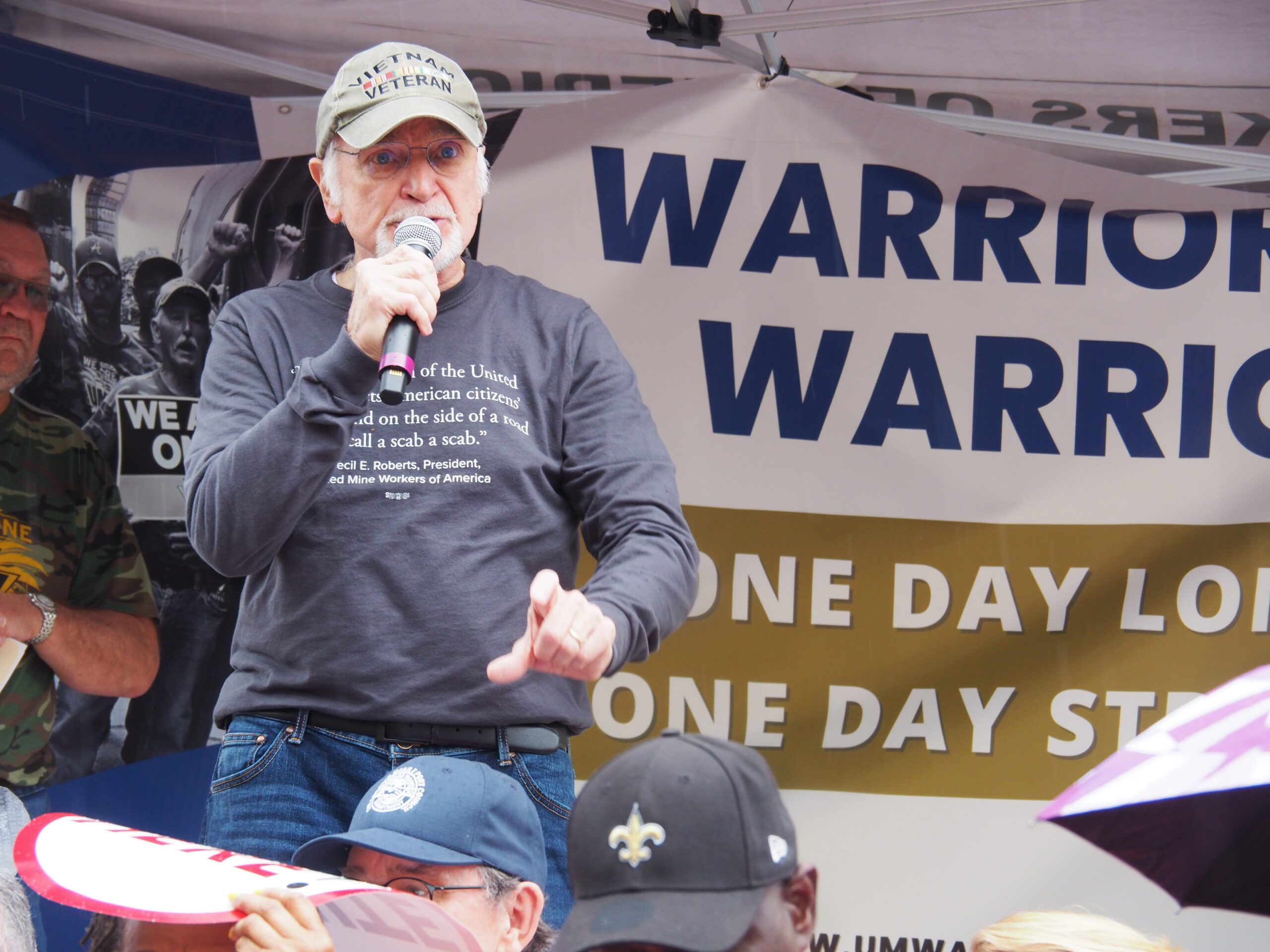
UMW Journal:
What’s the future hold for Cecil Roberts?
Roberts:
I have been very fortunate throughout my career to be able to serve the members of the UMWA. Brian Sanson and the International Executive Board decided to appoint me to serve as a Trustee of the UMWA Health and Retirement Funds, so I am still in a position to help our members. I’m looking forward to staying home more and spending time with my family and especially my growing number of great-grandchildren. I’m okay with living at a little slower pace. But be assured of this: If you’ve got a fight, I’ll be there. I’ll march, I’ll speak out, I’ll stand side by side with workers in struggle as long as I can and as long as they want me to. And I’m going to support Brian Sanson as President of this union. He’s one of the smartest people I know, and he’s going to do a great job. He deserves the support of all of us, because he’s going to need it. The UMWA has always had great challenges to confront, and it’s no different today. I’m confident Brian can and will lead us through them, but he will only be successful with our unity and solidarity behind him. From the bottom of my heart, I thank the membership of this great union. You have allowed me to go around and raise hell for a living, and it’s been the best job a person like me could have. God Bless you and your families, and God Bless the United Mine Workers of America.

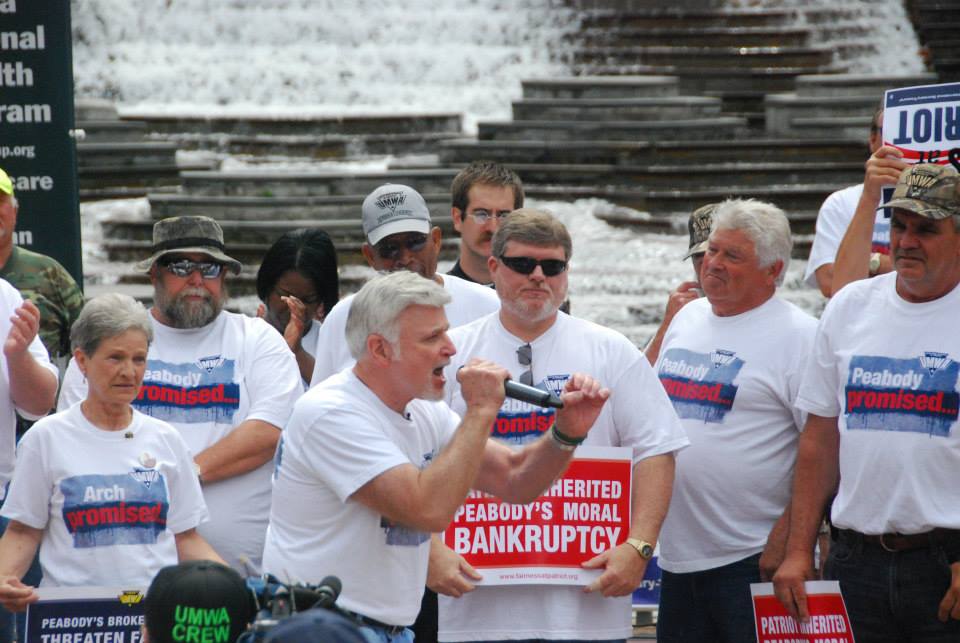 Roberts:
Roberts: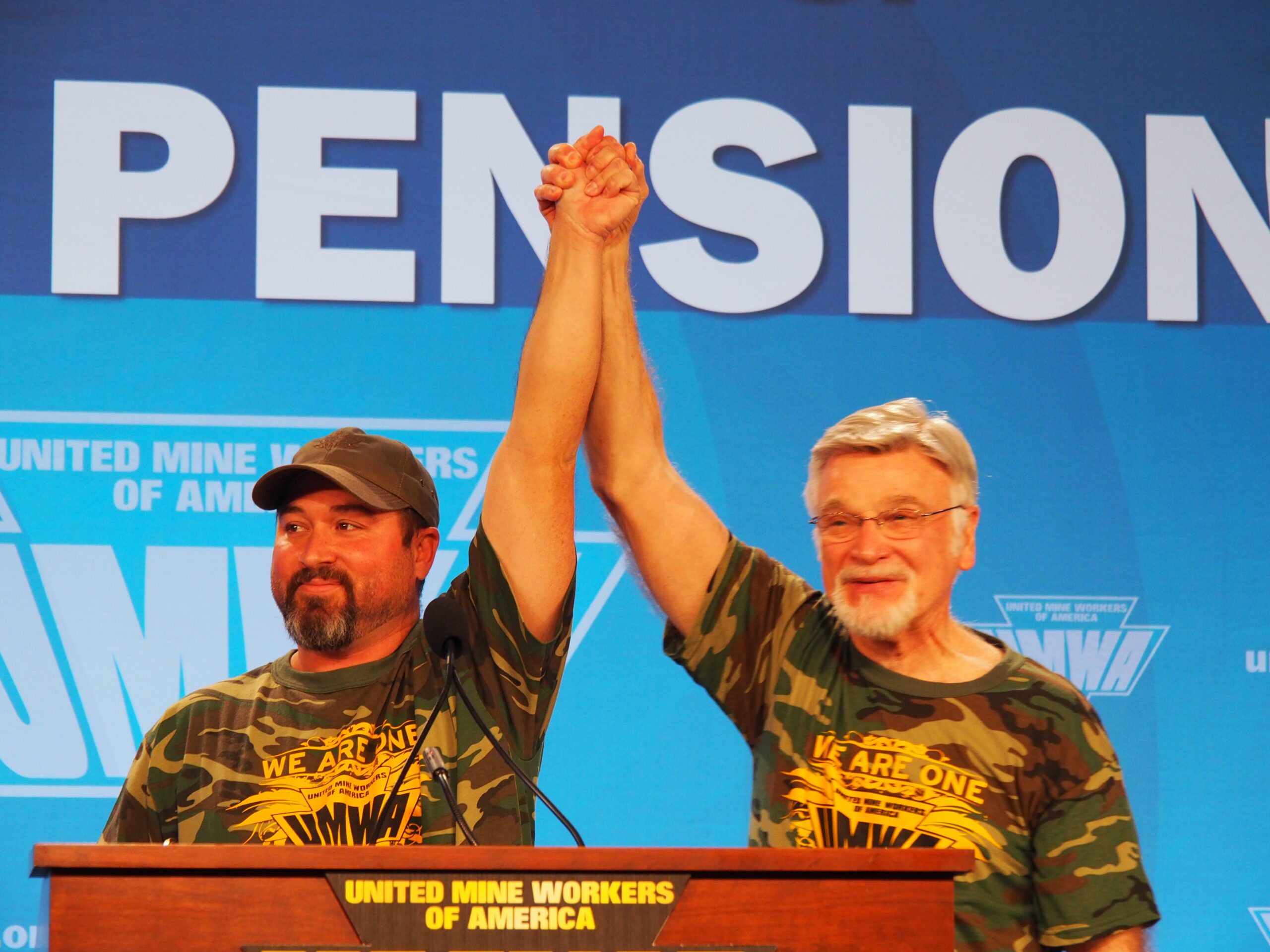 UMW Journal:
UMW Journal: Roberts:
Roberts: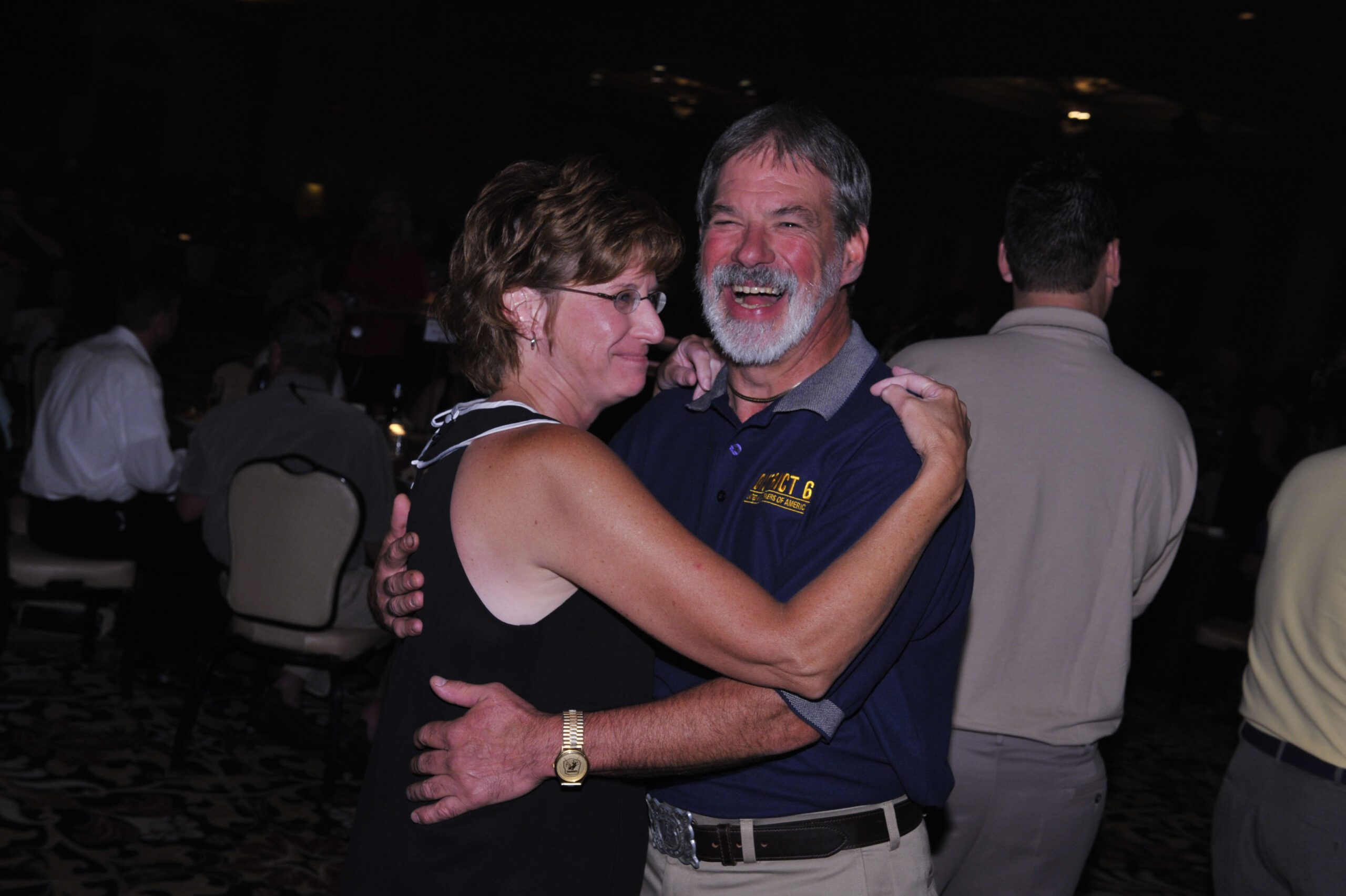
 Parker Bowersox is the son of Local Union 1412 member Mike Bowersox and plans on attending Park Point University in Pittsburgh, Pennsylvania with a major in Civil Engineering.
Parker Bowersox is the son of Local Union 1412 member Mike Bowersox and plans on attending Park Point University in Pittsburgh, Pennsylvania with a major in Civil Engineering. Haven Tomblin is the granddaughter of Local Union 2286 member Kenneth Tomblin. Haven will be pursuing a career as a licensed physical therapist at Marshall University in Huntington, West Virginia.
Haven Tomblin is the granddaughter of Local Union 2286 member Kenneth Tomblin. Haven will be pursuing a career as a licensed physical therapist at Marshall University in Huntington, West Virginia.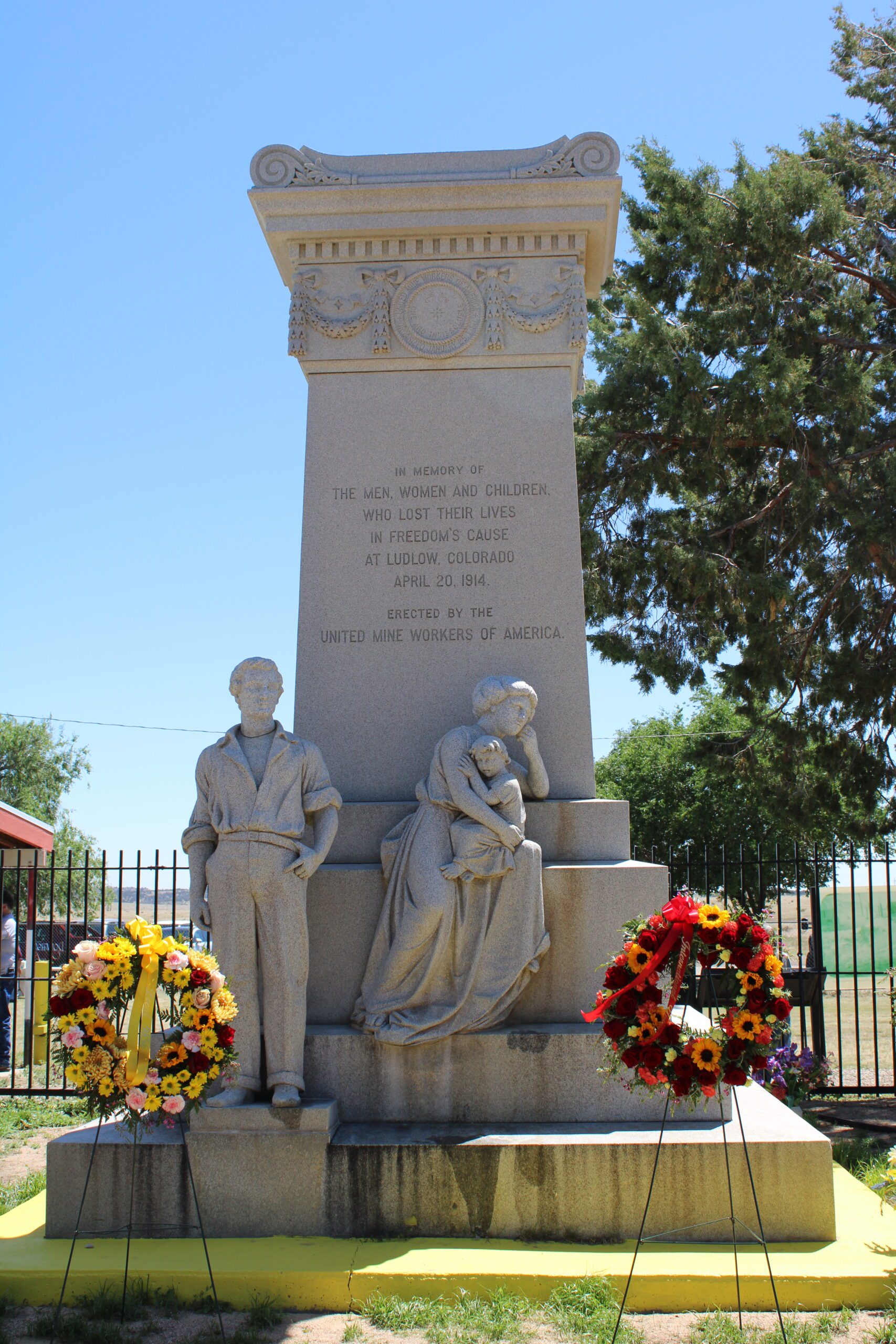

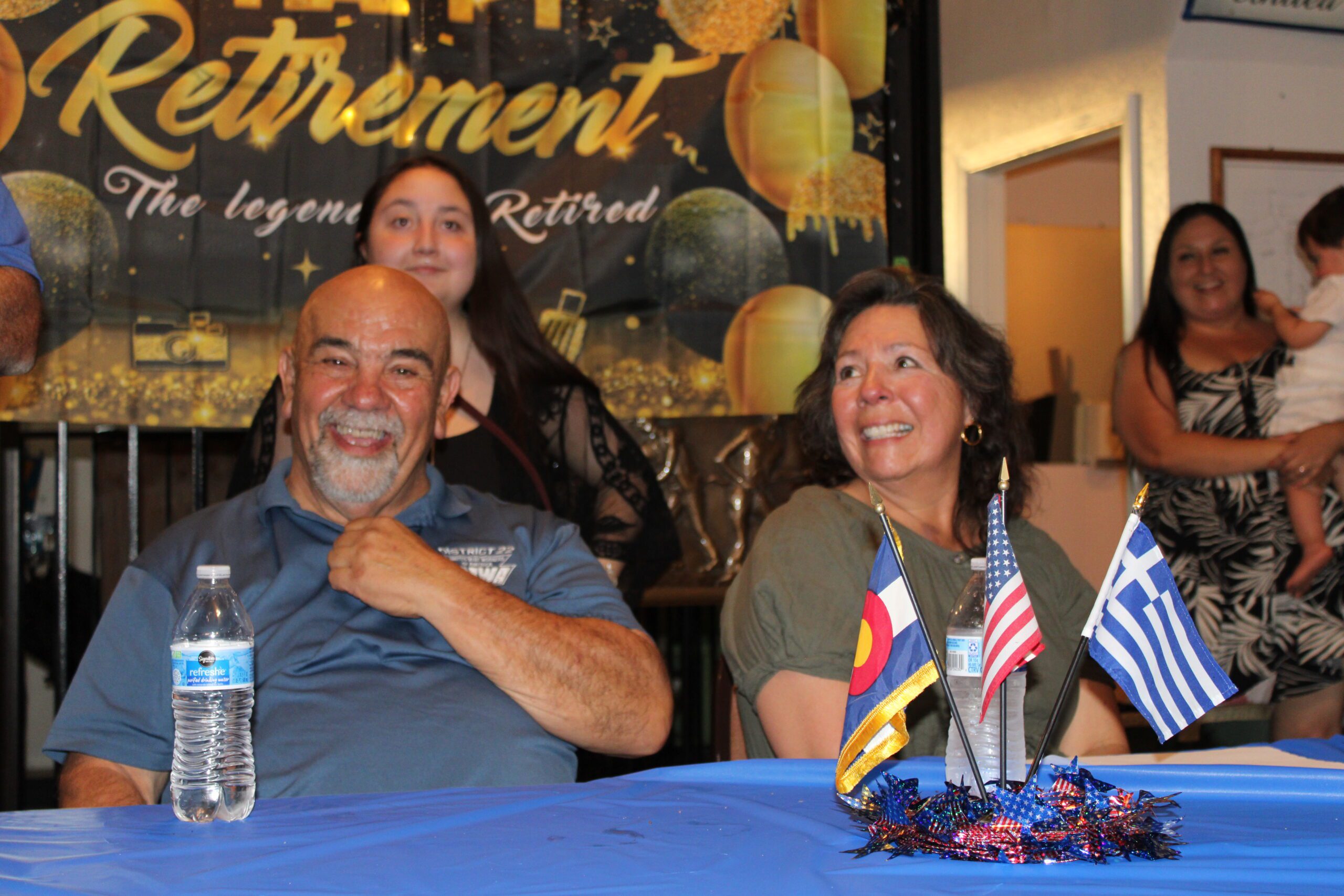
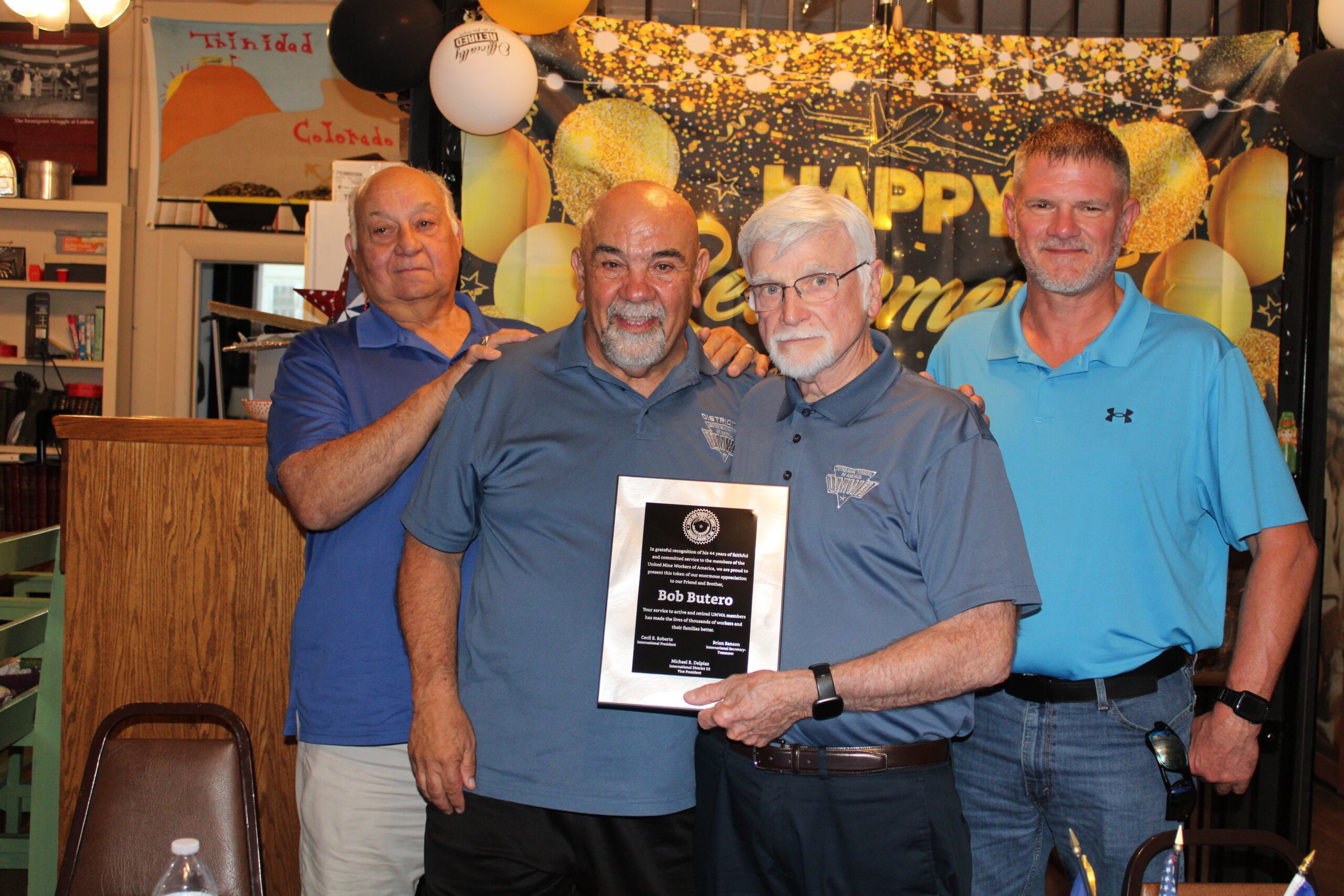
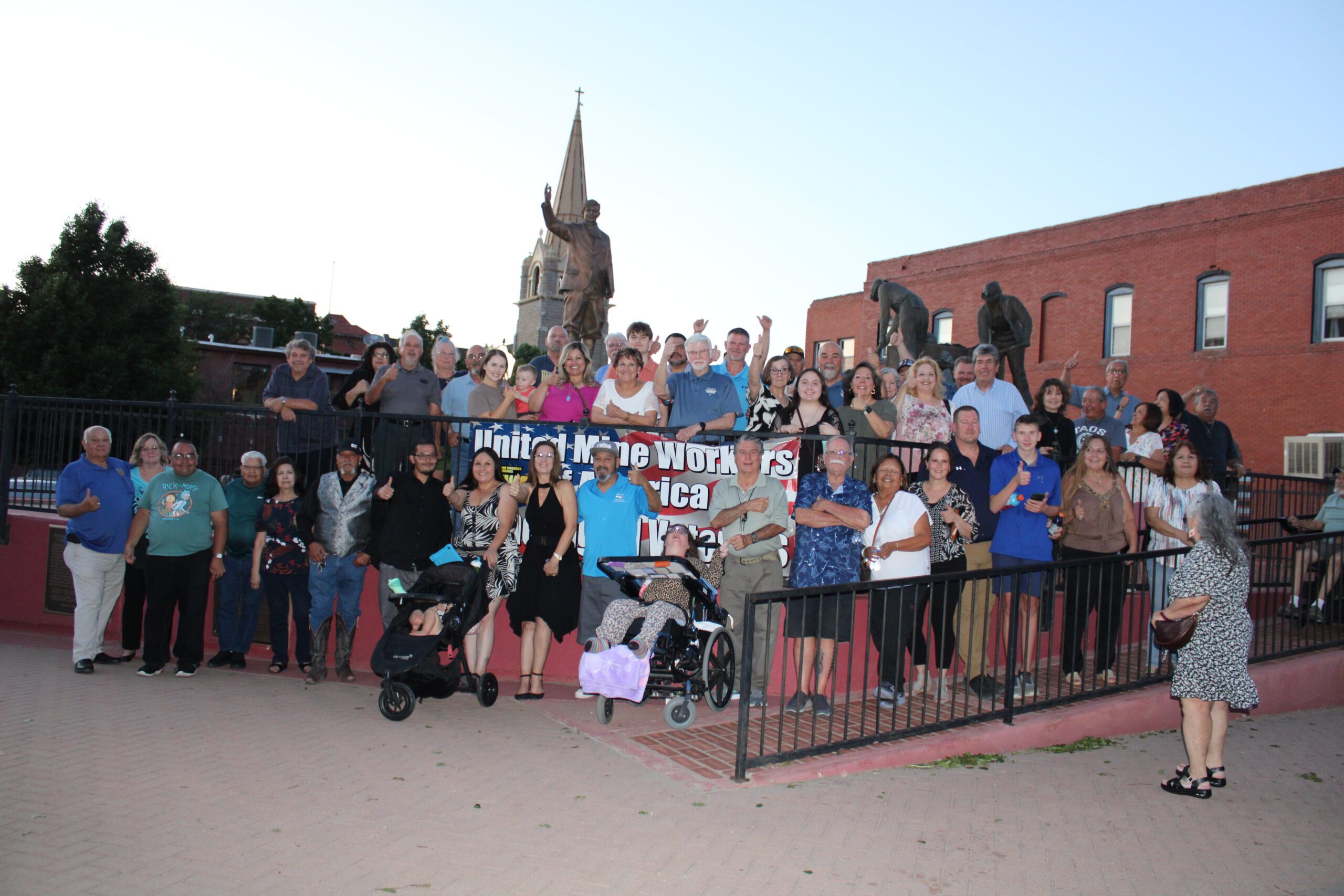
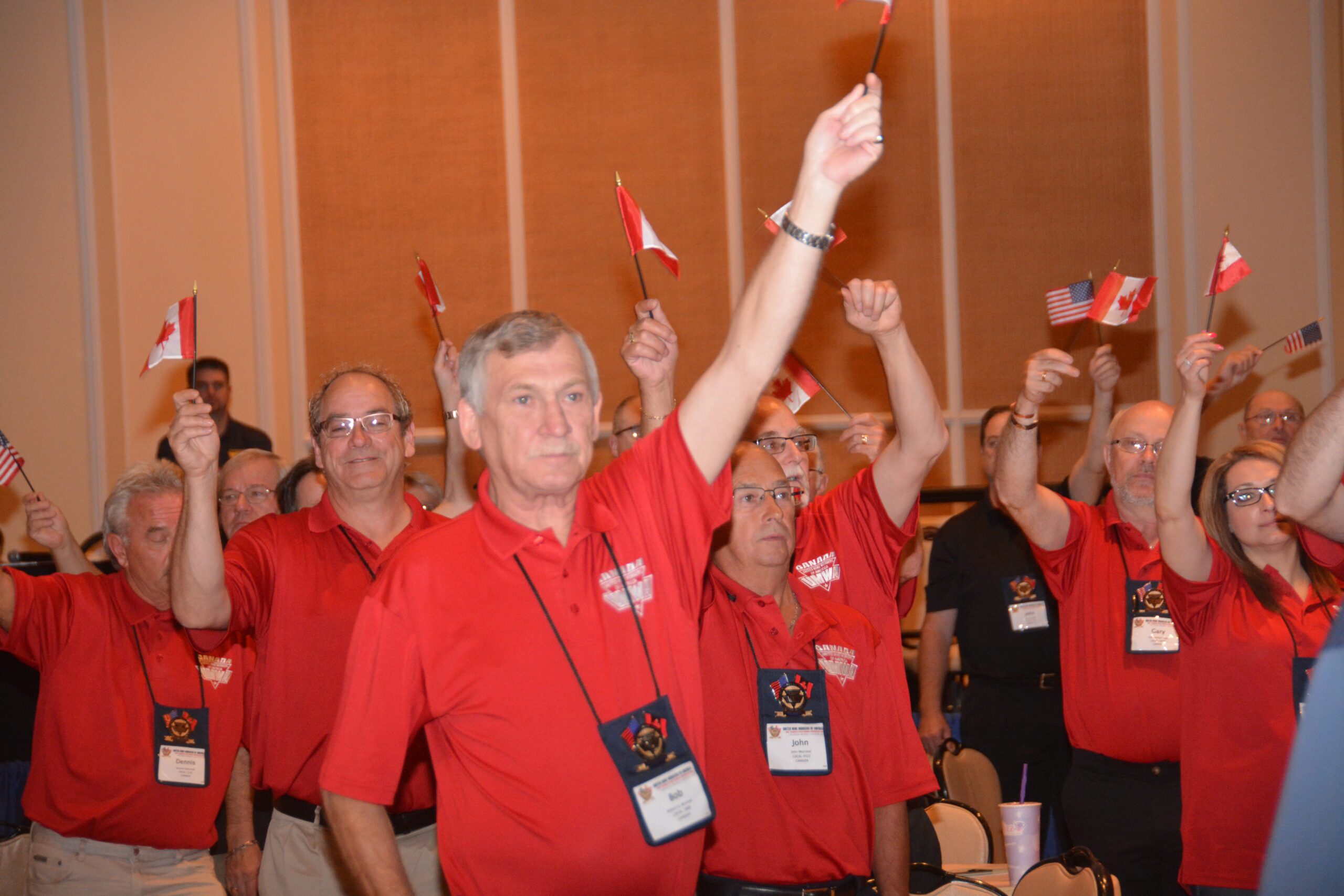
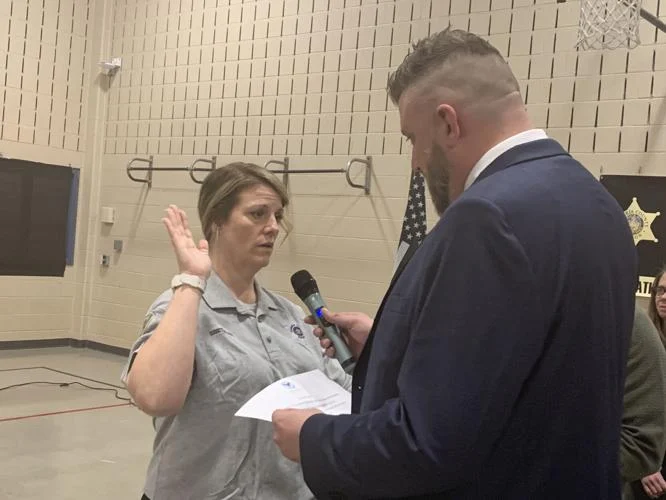
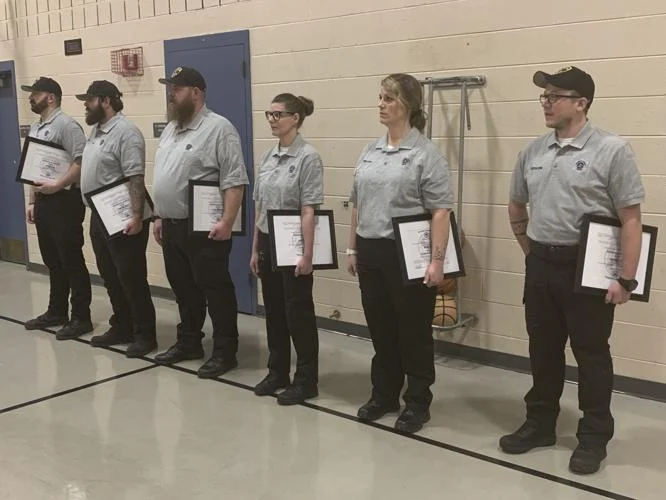 “THE UMWA REPRESENTS SEVERAL HUNDRED CORRECTIONAL OFFICERS IN PENNSYLVANIA. SOME OF THE PRISONS HOUSE 400 OR MORE INMATES, SOME HANDLE LESS THAN 75, BUT IN EVERY ONE OF THEM ARE DEDICATED, PROFESSIONAL WOMEN AND MEN SERVING TO KEEP OUR COMMUNITIES SAFE.”
“THE UMWA REPRESENTS SEVERAL HUNDRED CORRECTIONAL OFFICERS IN PENNSYLVANIA. SOME OF THE PRISONS HOUSE 400 OR MORE INMATES, SOME HANDLE LESS THAN 75, BUT IN EVERY ONE OF THEM ARE DEDICATED, PROFESSIONAL WOMEN AND MEN SERVING TO KEEP OUR COMMUNITIES SAFE.”